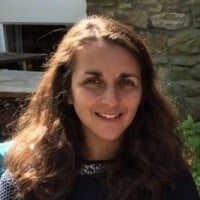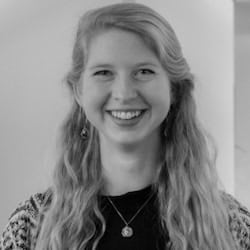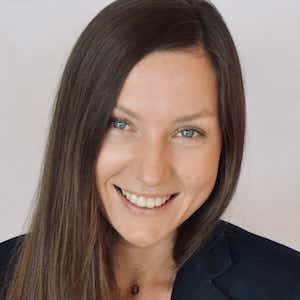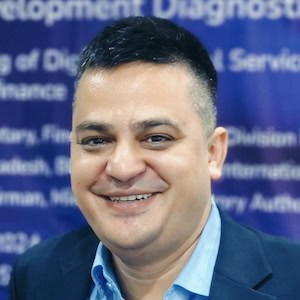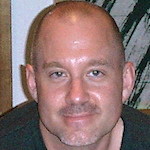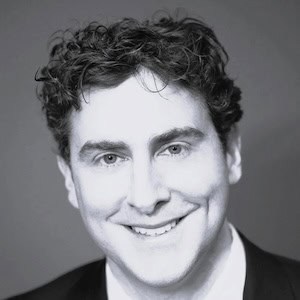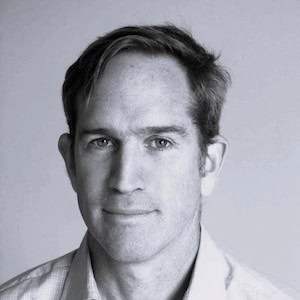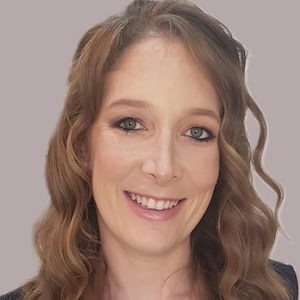-
Want Healthier Food? Pay Farmers to Manage Nutrient Flows: The movement toward “ecosystem services” compensation
Farmers have traditionally made their money by producing food. But the growing awareness of the relationship between healthy ecosystems and healthy foods is leading some to consider other forms of compensation. Farmers may be paid to control water flow or sequester carbon dioxide on their property, for example. As part of their Nutrients for All campaign, Ashoka Changemakers explores some of these emerging compensation approaches.
- Categories
- Agriculture, Environment, Health Care
- Tags
- nutrition, public health
-
Cases That Inspire Social Innovation
These success stories and the many others have helped fuel a growing interest in social entrepreneurship, particularly among students. I witnessed this strong interest first hand when I was a student at Harvard Business School (HBS). The Social Enterprise Club, which had started as a scrappy group with a handful of members, grew to be one of largest student clubs on campus, and the student-run Social Enterprise Conference attracted over 1,200 attendees each year.
- Categories
- Education
-
Saving Lives Efficiently: A new study measures the impact of community health workers
Discussion of global health efforts often focuses on the newest medicine or latest advanced device. But a new study by the Johns Hopkins School of Public Health found impressive results in an approach that’s been around for decades: community health workers. By employing local community members to provide access to basic health care, community health worker programs play an important role in countries with a shortage of doctors, nurses and other health professionals.
- Categories
- Education, Health Care
- Tags
- public health, research
-
Subscribing to Better Health: How Sevamob’s model helps patients – and its bottom line
When people think of innovative business models in BoP health care, they often think of delivery or supply chain innovations. But there’s also a wealth of experimentation on the health financing side, involving everything from micro-insurance to subscription fees. Sevamob, an Indian social enterprise, uses a subscription model. In this Q&A, Shelley Saxena, Sevamob’s founder, discusses the advantages and challenges of this approach.
- Categories
- Health Care, Social Enterprise
- Tags
- public health
-
Learning from the Pioneers: Marketing innovative devices for the BoP
Over the last two decades, a range of affordable devices and equipment have been created to provide 4 billion people at the base of the pyramid (BoP) with life-changing benefits. Yet, progress in marketing these devices has been frustratingly slow as marketers struggle to convince BoP families that future benefits (cost savings or increased income) justify their investments. The “Marketing Innovative Devices for the Base of the Pyramid” project analyzed 15 pioneer organizations selling life-changing devices to low-income people around the world.
- Categories
- Education
-
A Curious Landscape: Visualizing data on the India Map of Financial Inclusion
Which districts have the highest concentration of financial inclusion actors? How does the coverage of these services correlate with the basic demography and infrastructure across a given country? The MIX’s India Map of Financial Inclusion has answers, but also presents more questions for financial inclusion researchers and enterprises.
- Categories
- Education, Impact Assessment, Technology
- Tags
- microfinance, research
-
Reaching The Final 20: Investing in infrastructure to improve health care delivery
One of the harsh realities of global health today is that the quality and supply of life-saving innovations exceeds the capacity of many health systems to deliver them. For many low-income countries, gaps in the underlying infrastructure prevent new innovations from reaching those who need them most. VillageReach is a non-profit that helps private enterprise develop health care-related infrastructure, so that innovations can reach the "Final 20" - the 20 percent who live in the most remote, rural areas.
- Categories
- Health Care
-
Announcing the Winners of the NextBillion Case Writing Competition
How BTPN Bank in Indonesia continues to service low-income borrowers is the subject of the winning case in the NextBillion’s Case Writing Contest. The case, “BTPN: Banking for the Bottom of the Pyramid in Indonesia,” was written by a team from University of Virginia’s McIntire School of Commerce in Charlottesville.
- Categories
- Agriculture, Health Care
